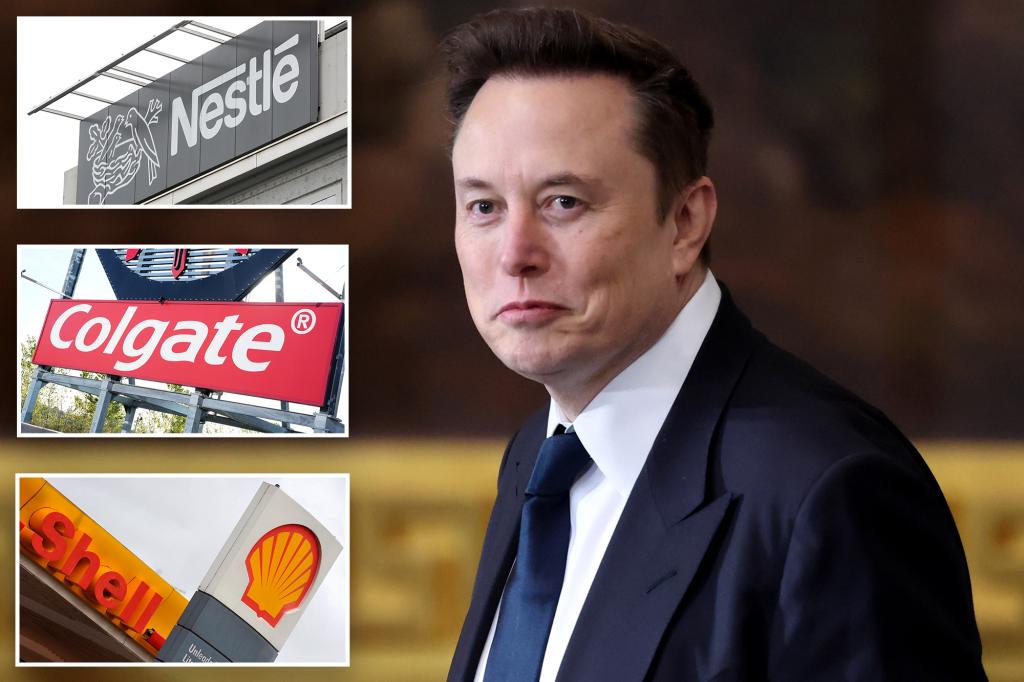X, formerly known as Twitter, has significantly expanded its antitrust lawsuit against a coalition of major brands and the World Federation of Advertisers (WFA), alleging a coordinated boycott that decimated its advertising revenue following Elon Musk’s acquisition. The lawsuit, initially filed in August 2024, has now added a formidable roster of companies, including Nestle, Colgate-Palmolive, Tyson Foods, Shell, Pinterest, Lego, and Abbott Laboratories. These additions bolster X’s claim that these corporations, alongside previously named entities like CVS, Twitch (owned by Amazon), CVS Health, Mars, and Orsted, colluded to stifle competition and unfairly target the platform under the guise of brand safety concerns. Unilever, initially named in the suit, has since reached a settlement with X, signaling a potential shift in the legal landscape.
The heart of X’s legal argument revolves around the actions of the Global Alliance for Responsible Media (GARM), a WFA initiative aimed at protecting brands from associating with harmful online content. X contends that shortly after Musk’s takeover, which ushered in a period of relaxed content moderation policies, GARM expressed concerns to its member companies about X’s ability to maintain brand safety standards. This communication, according to X, triggered a cascade of advertiser withdrawals, effectively crippling the platform’s advertising revenue stream. Musk’s provocative public statements and confrontational approach towards advertisers who abandoned X further inflamed the situation, exacerbating the decline in ad revenue throughout 2023.
The lawsuit depicts a complex interplay between free speech advocacy, brand safety concerns, and competitive dynamics in the digital advertising market. Musk’s acquisition of Twitter, coupled with his avowed commitment to free speech principles, generated apprehension among advertisers regarding the potential for their brands to be associated with controversial or harmful content. GARM, as a self-proclaimed guardian of brand safety, seemingly acted as a conduit for these concerns, leading to the coordinated withdrawal of advertising from X, which the platform now argues was an illegal boycott orchestrated by the WFA and its member companies.
The WFA, however, maintains that X’s lawsuit misrepresents GARM’s purpose and activities. The federation argues that GARM, a small non-profit initiative, was simply facilitating dialogue between brands and platforms to ensure responsible advertising practices. The ensuing controversy and legal battle, according to the WFA, drained GARM’s resources and ultimately led to its disbandment shortly after X initiated the lawsuit. This conflicting narrative reveals a deeper tension between the desire for unimpeded online expression and the need to protect brands from reputational damage in an increasingly complex digital environment.
The timing of these events adds another layer of intrigue. X’s lawsuit and GARM’s subsequent disbandment occurred amidst a backdrop of shifting political alliances and evolving advertiser strategies. Musk’s growing relationship with former President Trump, documented in his inner circle, seemingly coincided with a partial return of advertisers to the platform. Amazon, for example, reportedly increased its advertising presence on X despite the ongoing legal battle, suggesting a potential recalibration of advertising strategies based on evolving political dynamics and platform engagement.
This complex legal and commercial drama highlights the challenges of navigating the intersection of free speech, brand safety, and competitive practices in the digital age. X’s lawsuit seeks to establish a legal precedent against coordinated advertiser boycotts, arguing that such actions stifle competition and undermine the principles of free expression. The WFA, on the other hand, portrays its actions as a legitimate effort to protect brand reputation in a volatile online environment. The outcome of this legal battle will likely have significant implications for the future of online advertising, influencing the relationship between platforms, brands, and industry organizations tasked with navigating the complexities of brand safety and content moderation. The case also underscores the ongoing debate over the role and responsibilities of social media platforms in moderating content while upholding free speech principles. The delicate balance between these competing interests will continue to shape the evolution of the digital landscape in the years to come.










